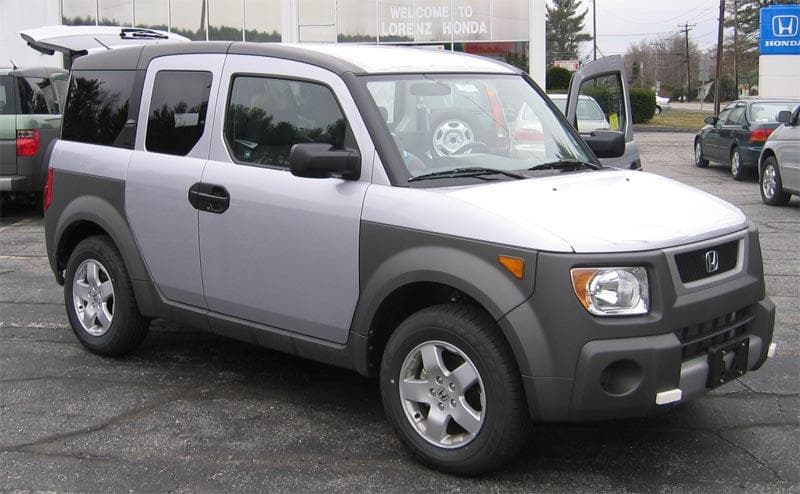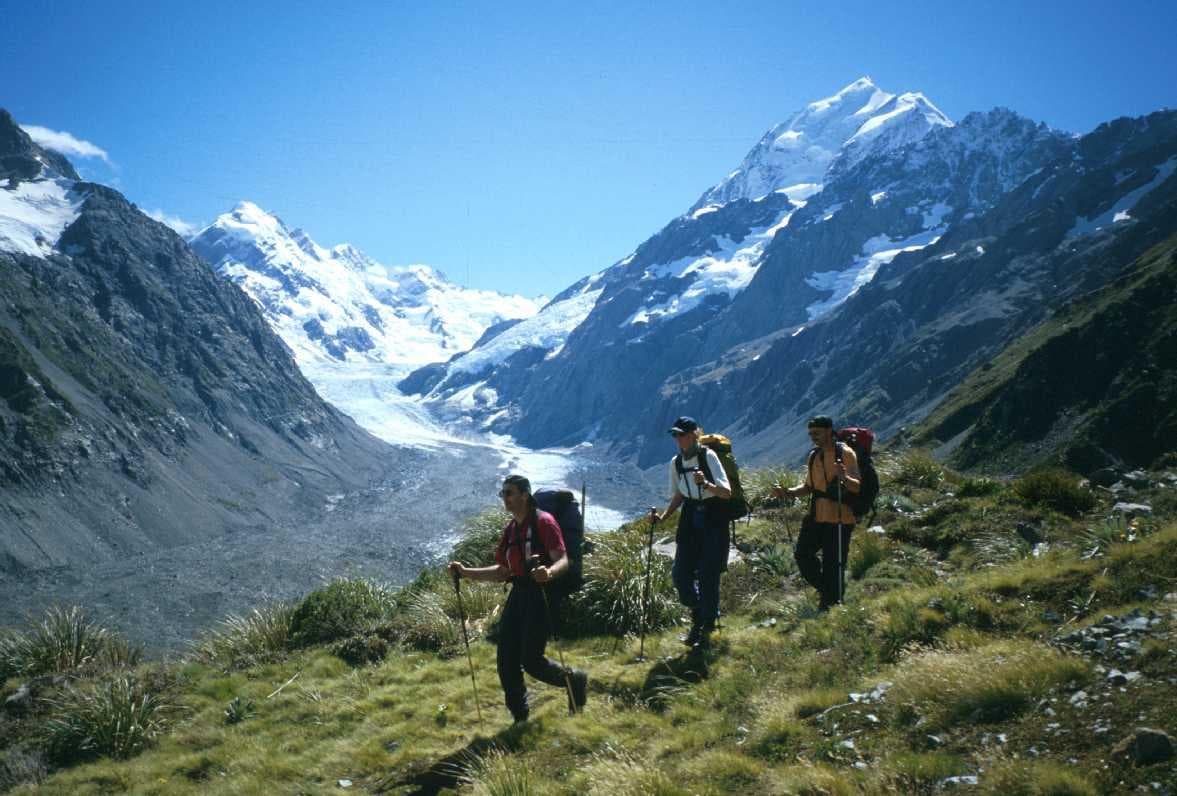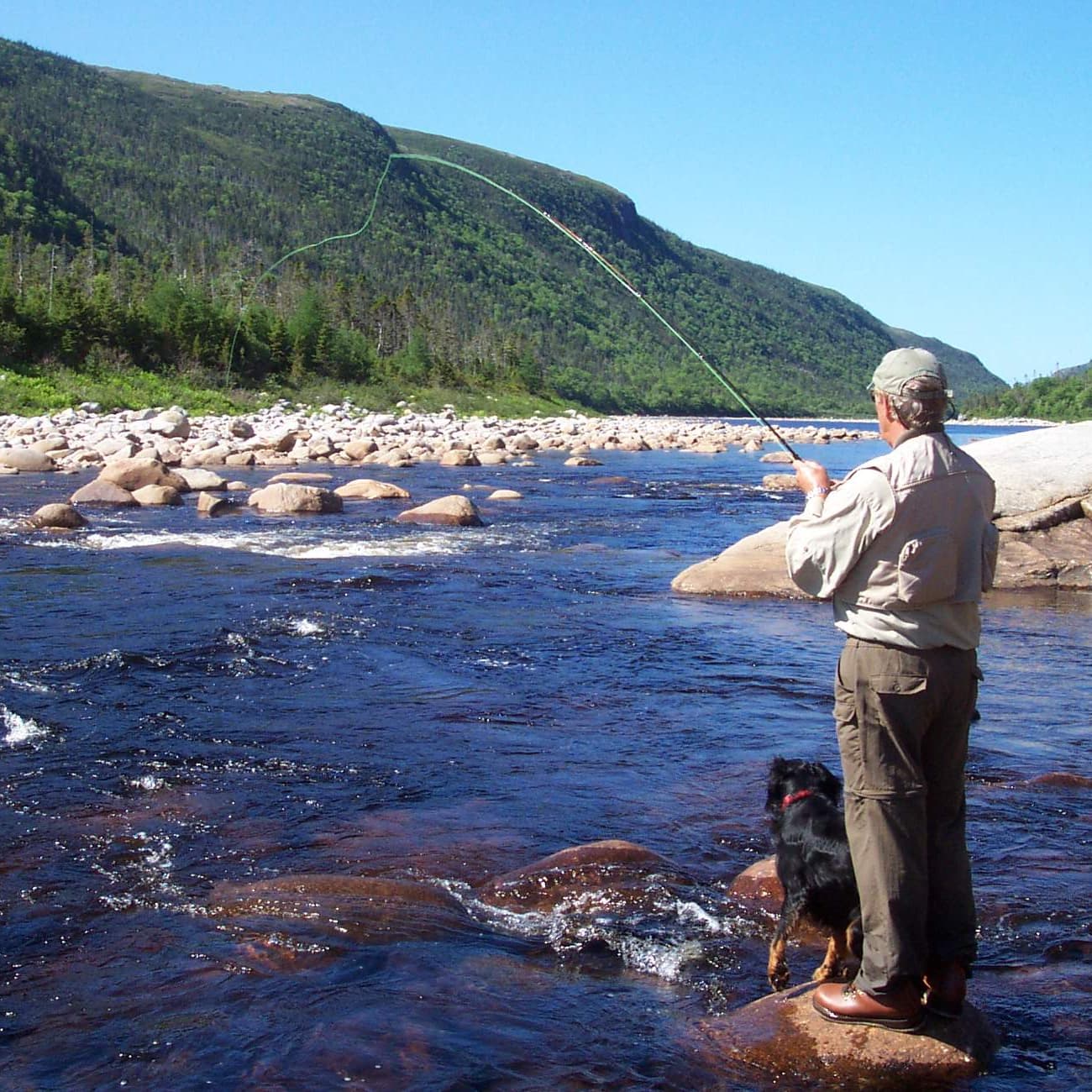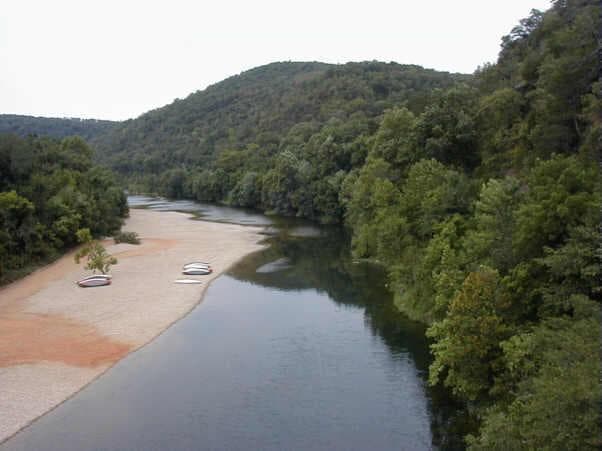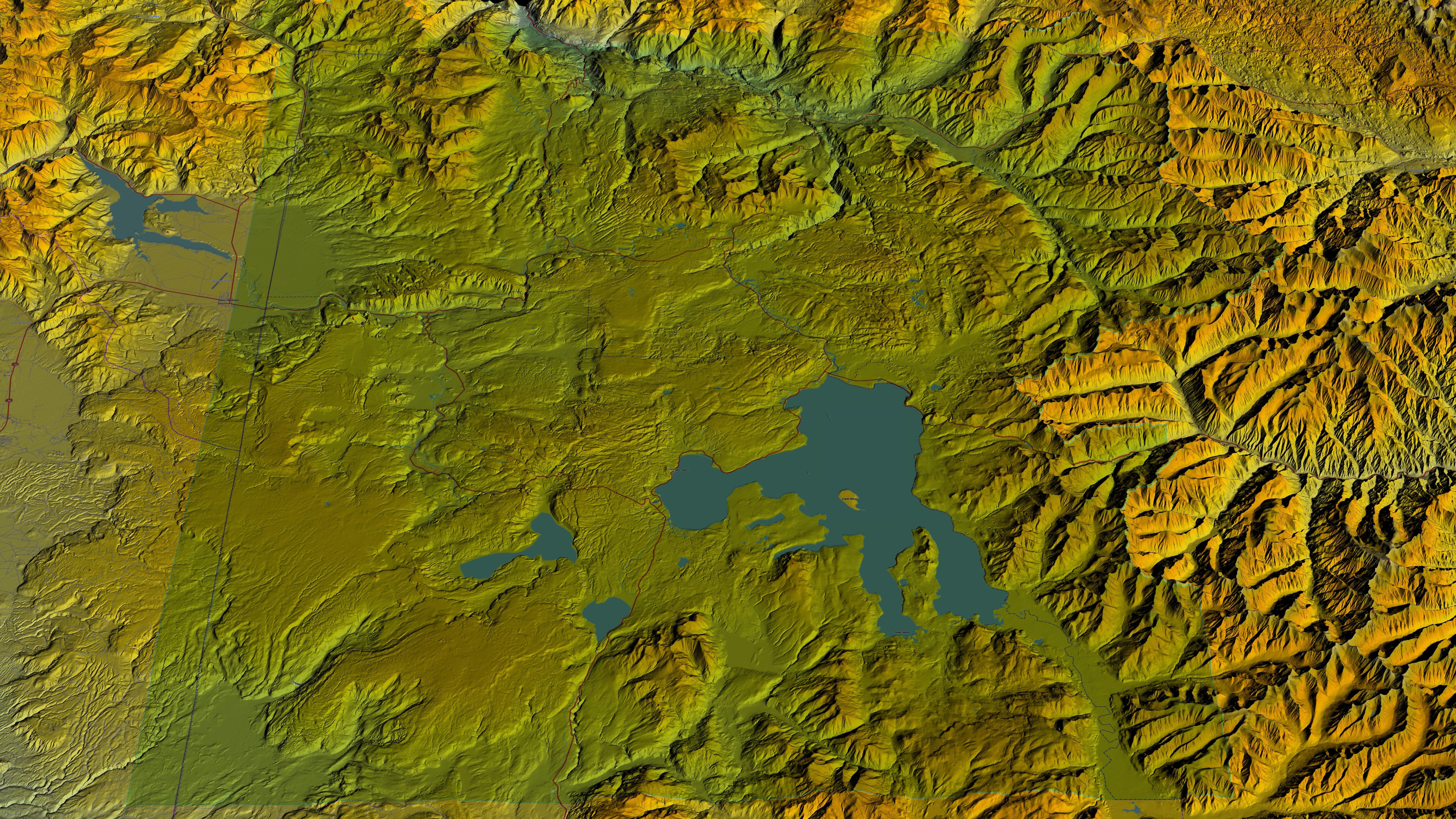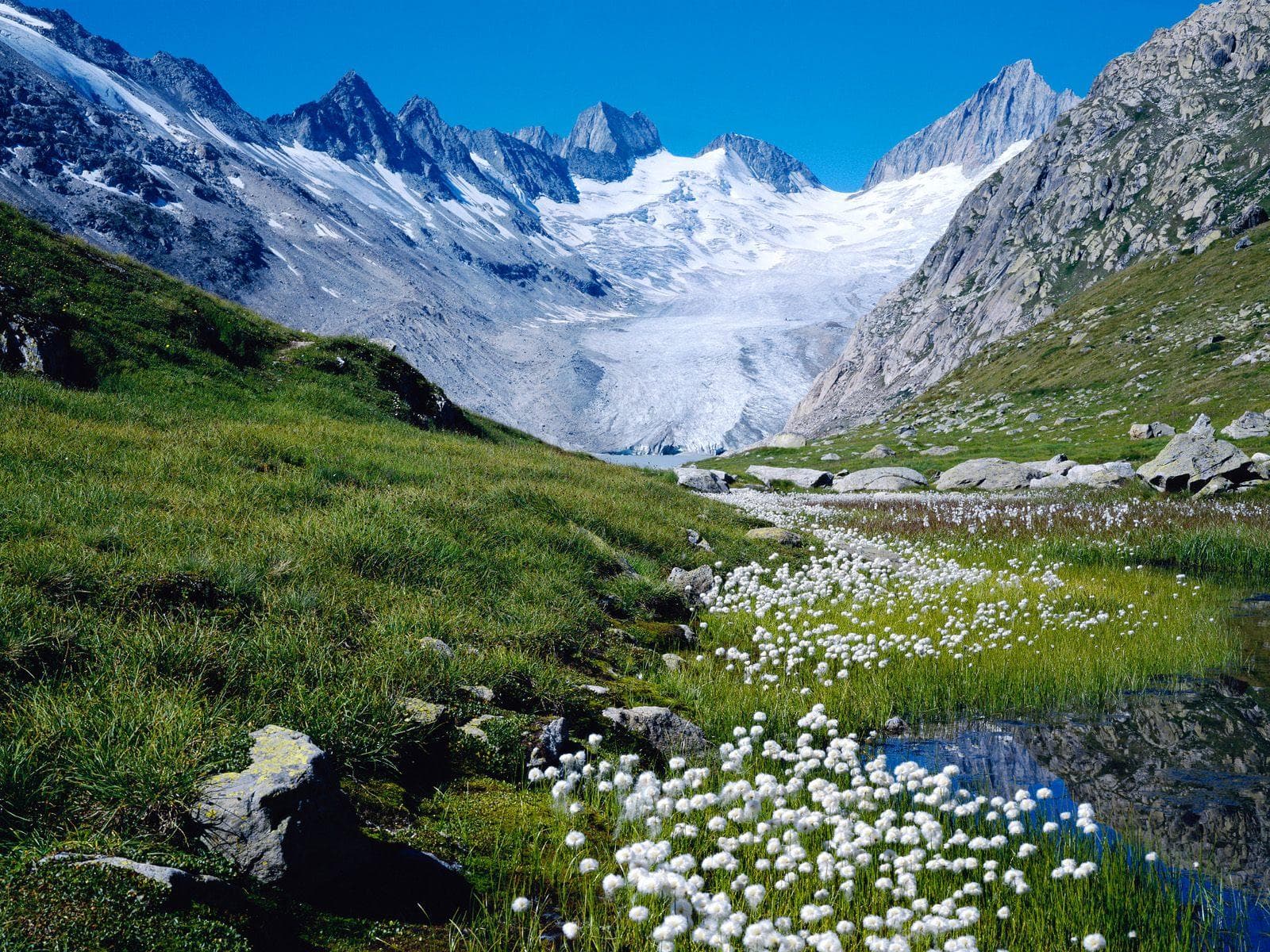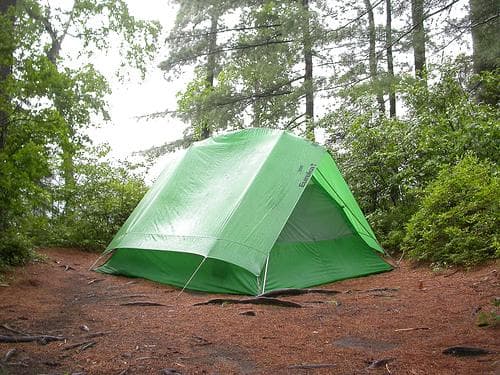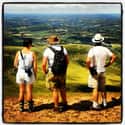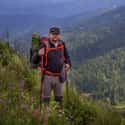-
(#3) Companions
This one is surprisingly important, not just for you, but for the folks you bring with you. It is ideal that you match the challenge of the hike to the personality of the person you hike with. If you find a cool-looking 6 mile, 2,000 ft trail on Trails.com and then spend 2 hours talking your overweight, smoking friend into going with you, be certain that your friend is a gamer. As in, has the mental fortitude to a) step outside their comfort zone and b) be able to deal with a challenge without freaking out. Freaking out is the same as panic and it's very dangerous for everyone.
I need to tell you guys, from experience, taking someone out of their comfort zone and asking them to do something they may not be physically capable of is asking for a lot of misery on all sides. And it can potentially be very scary. Absolutely, GO HIKING with this friend, but make sure you pick a trail that you are sure you are both going to be able to handle.
Another thing about companions... have at least one. Hiking solo is dangerous even for experienced hikers. If you are going to go solo, make sure multiple people know where and when you are going. Show them maps of your intended route and a time when you think you should be back. If something happens to you when you are alone on the trail, the more details your friends and family have to locate you, the better off everyone will be. -
(#5) The Weather
After you have read the trail reports you will know whether there is a canyon that might flood in a rainstorm, or a treeless ridge that could be potentially dangerous in a windstorm or lightning storm. If you are likely to encounter snow at elevations or if it might just be too hot and shadeless to even attempt it.
Check the weather as you plan. Check it again the morning of your hike. It will tell you if you need to change your gear/clothing plans, too. -
(#7) What to eat
This will depend on how long you plan to hike, but most beginners tend to do a 1/2 day and under... so a light lunch and plenty of high carb/high energy snacks should be perfect. Non-perishable, non-melty and bite-sized is ideal.
If you are eating lunch on the trail, pack things that don't ooze or require lots of containers. Super salty foods can make you thirsty... fruit can be very good because of how much moisture it has along with its sugars. Sandwiches, bite-sized vegetables, beef sticks, fruit leather, and apples are great. Energy bars are excellent snacks for the trail, but try to avoid the chocolate-coated ones, as they will melt and make a disgusting, unappetizing mess. Make sure to pack a small bag to contain any trash that you make or use an empty sandwich bag.
-
(#2) What to wear
No jeans. For the love of god, don't hike in jeans. You will be so unhappy. A simple rule of thumb for what to wear on the trail is "no cotton". If you have to hike in your favorite cotton tee, so be it... but if you sweat or it rains at all, that cotton will get wet and stay wet. It will smell, it will sag and it will rub if you are wearing a backpack. Any dri-fit shirts, shorts or pants will do. Just feel the fabric between your fingers -- even a blend is better than 100% cotton.
Depending on where you are hiking, you might need long pants to avoid being scratched by thorny plants or poison ivy/oak. Always good to know the weather and the climate, but if you aren't sure, you can always layer. A lightweight dri-fit tee under a lightweight jacket you can remove if it warms up. Convertible pants can be pricey, but its pretty nice to be able to have long pants that zip off into shorts.
Depending on the length of the hike and if there will be a lot of up and down... you might need an ultra thin pair of socks under your regular (non cotton) socks. That can really help prevent blisters.
Do not wear brand new shoes you have never worn (especially boots with ankle support). I am sure that you think you are tough enough to withstand the intense blisters you will get, but it will ruin your hike when every step feels like jagged shards of glass are coating the insides of your shoes. Lightweight, water-resistant, breathable shoes are great for hiking... and if you plan on elevation hiking, ankle support will be necessary to avoid twisting your ankle on uneven footing. -
(#10) Respect
Respect the trail. That means stay on it. Don't go making your own shortcuts across switchbacks or straight up or down a hill. This accomplishes several things. 1) It erodes the real trail. 2) It looks like shit. 3) It tromps all over animal and plant habitats for no reason other than your impatience. And 4) I will hate you forever.
If you have to go to the bathroom, please don't leave your gross toilet paper fluttering around in the bushes. Jesus, disgusting. Either pack it out or at least bury it.
Pack out ALL your trash. Yes, even that little strip of plastic you used to open your pack of gum with. Just take it with you. No one wants to look at it. Oh, and if you are weird enough to want to chew gum while you hike, pack that out, too. Don't spit it into the bushes when no ones looking.
New hikers are the most likely to be the ones wrecking the trails... carving their names into trees and rocks, tromping all over everything, leaving beer cans lying by the side of the creek. Don't be like those people. When you hike out into the wilderness, try and remember that when you leave your crap behind, the next people who hike through there aren't getting the same experience you just got. Instead, they are getting the lovely view of toilet paper gardens, crumpled energy bar wrappers and "JIM LOVES JANICE" carved into the trees.
Respect the wilderness... we don't have too much of it left, and lots of us want to enjoy it. It doesn't take a lot of effort to make sure it stays that way. -
(#1) Water
I'm putting this one first because this is the one thing that new hikers don't think about, and it's possibly the most important one of all. If you are hiking in the desert you will need a LOT of water. If you are hiking at altitude, you will need a LOT of water. If you are hiking in the lush, shady forest, you will need SOME water. But you will always need it, unless your hike is 10 minutes long and ends at a water fountain.
The number of times I've met new hikers on the trail desperate for water because they only brought a can of Sprite to split between them is way higher than you might ever believe. Water is the one thing you will need the most when you hike. You can get by without food for a while, but not water. Bring it. Bring at least 1 liter per person for every hour you plan to hike, and if you can't estimate how long it will be... over-estimate. Much better to have too much than to run out.
New Random Displays Display All By Ranking
About This Tool
Nowadays, more and more people like to hike. Hiking is not a walk in the usual sense, nor is it a professional race walking. Beginner hiking enthusiasts usually choose natural oxygen bars around the city, while those senior hiking enthusiasts prefer to challenge themselves, and they will choose long-distance and challenging hiking routes. Hiking involves unpredictable variables. Material and psychological preparation is necessary before departure.
Hiking is an excellent exercise, its benefits are not limited to beautiful scenery and endless fun but also beneficial for physical and mental health. The random tool lists 10 tips for beginning hikers, safety always comes first.
Our data comes from Ranker, If you want to participate in the ranking of items displayed on this page, please click here.

